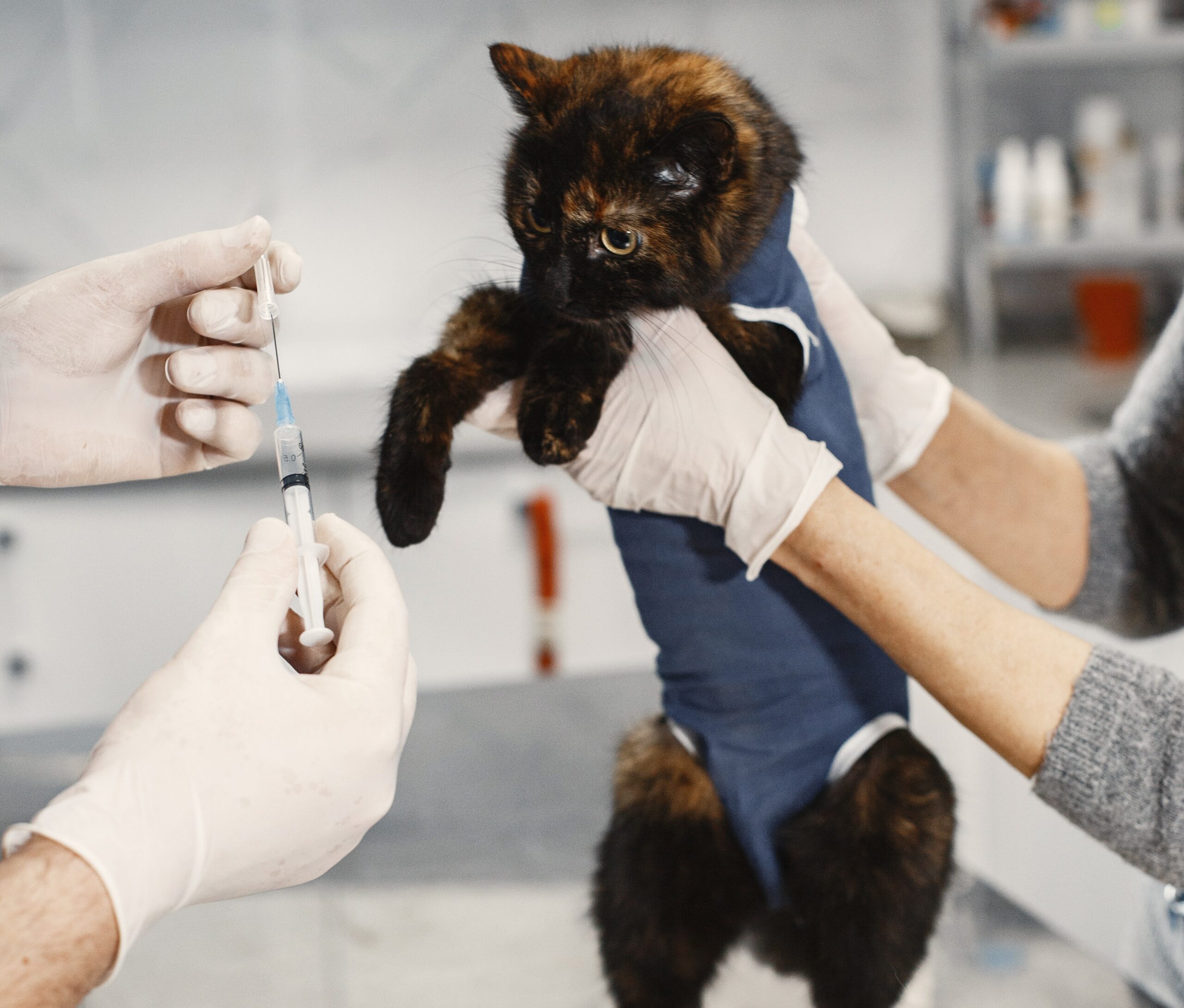As a pet owner, you want to keep your furry friend healthy and happy. One important aspect of pet care is vaccinations. Vaccinations protect your pet from diseases that can be deadly or difficult to treat, and they can also prevent the spread of these diseases to other animals and humans. It is essential to have good communication with your veterinarian and check the facts about pet vaccinations to ensure that your pet is receiving the appropriate care.
In this article we will discuss about the facts you need to check on with your veterinarian about pet vaccinations.
What are Vaccinations?
Vaccinations are injections that contain small amounts of weakened or dead viruses or bacteria. When injected into a pet, they stimulate the immune system to produce antibodies that will recognize and fight the actual disease. The body then builds up immunity to the disease, making it less likely for your pet to become sick if they come into contact with the disease in the future.
Why Vaccinate Your Pet?
Vaccinating your pet can prevent them from getting sick and protect them from serious diseases such as distemper, parvovirus, and rabies. Vaccinations can also protect other animals and humans from these diseases by preventing the spread of infection. Additionally, some vaccinations are required by law to keep your pet and other animals safe.
Communication with Your Veterinarian:
Your veterinarian is the best source of information on which vaccines are necessary for your pet based on their age, lifestyle, and health status. They can also explain the risks and benefits of each vaccine and the recommended schedule for administration. It is essential to have open communication with your veterinarian about the facts on pet vaccinations to ensure that you are making informed decisions about your pet’s health care.
Before your appointment, you should prepare a list of questions to ask your veterinarian about your pet’s vaccination schedule. You should also provide your veterinarian with a complete medical history of your pet, including any previous vaccinations and reactions to them.
This information will help your veterinarian make the best decisions about your pet’s vaccination schedule.
Facts to Check on about Pet Vaccination:
When to Vaccinate Your Pet
The timing of vaccinations is critical to ensure that your pet develops immunity to the diseases being vaccinated against. The first round of vaccinations is usually given to puppies and kittens between 6 to 8 weeks old. Booster shots are then given at regular intervals to ensure continued protection against these diseases.
It is important to follow your veterinarian’s recommended vaccination schedule, as the timing of the vaccines can affect their effectiveness. If you miss a scheduled vaccination, contact your veterinarian to discuss how to catch up on the schedule.
Which Vaccines are Suitable for your pet:
The vaccines that are suitable for your pet will depend on several factors, including their age, health, lifestyle, and risk of exposure to certain diseases. Core vaccines, which protect against highly contagious and potentially fatal diseases, are recommended for all pets. These include vaccines for rabies, distemper, parvovirus, and hepatitis. Non-core vaccines, which protect against less common or less severe diseases, may be recommended depending on the individual pet’s circumstances. It’s important to discuss vaccination options with your veterinarian, who can help determine which vaccines are most appropriate for your pet.
Side Effects of Vaccinations
Vaccinations have proven to be one of the most effective tools in preventing and eradicating infectious diseases. While vaccines are generally considered safe, there can be side effects associated with their administration.
These side effects can range from mild, such as soreness at the injection site, to more serious, such as an allergic reaction. It is important to check for possible side effects before receiving a vaccine, especially for individuals who may be at higher risk of adverse reactions, such as those with a history of allergies or other underlying health conditions.
By being informed about the potential side effects of vaccines, individuals can make informed decisions about their healthcare and weigh the benefits of vaccination against any potential risks. Regular monitoring and reporting of vaccine side effects also help healthcare professionals to improve the safety and effectiveness of vaccines.
Conclusion:
Vaccinations are essential to maintaining the health of your pet and protecting them from serious diseases. Good communication with your veterinarian is necessary to ensure that your pet is receiving the appropriate vaccinations based on their age, lifestyle, and health status. Make sure to ask questions, provide a complete medical history, and follow your veterinarian’s recommended vaccination schedule to keep your pet healthy and happy.
You May be Interested in…
The Benefits of Pet Insurance: Why It’s Essential for Your Furry Friends
How to Choose the Right Pet Insurance Plan for Your Pet
Discover all You Need to know about Your Pet Health and Wellness


